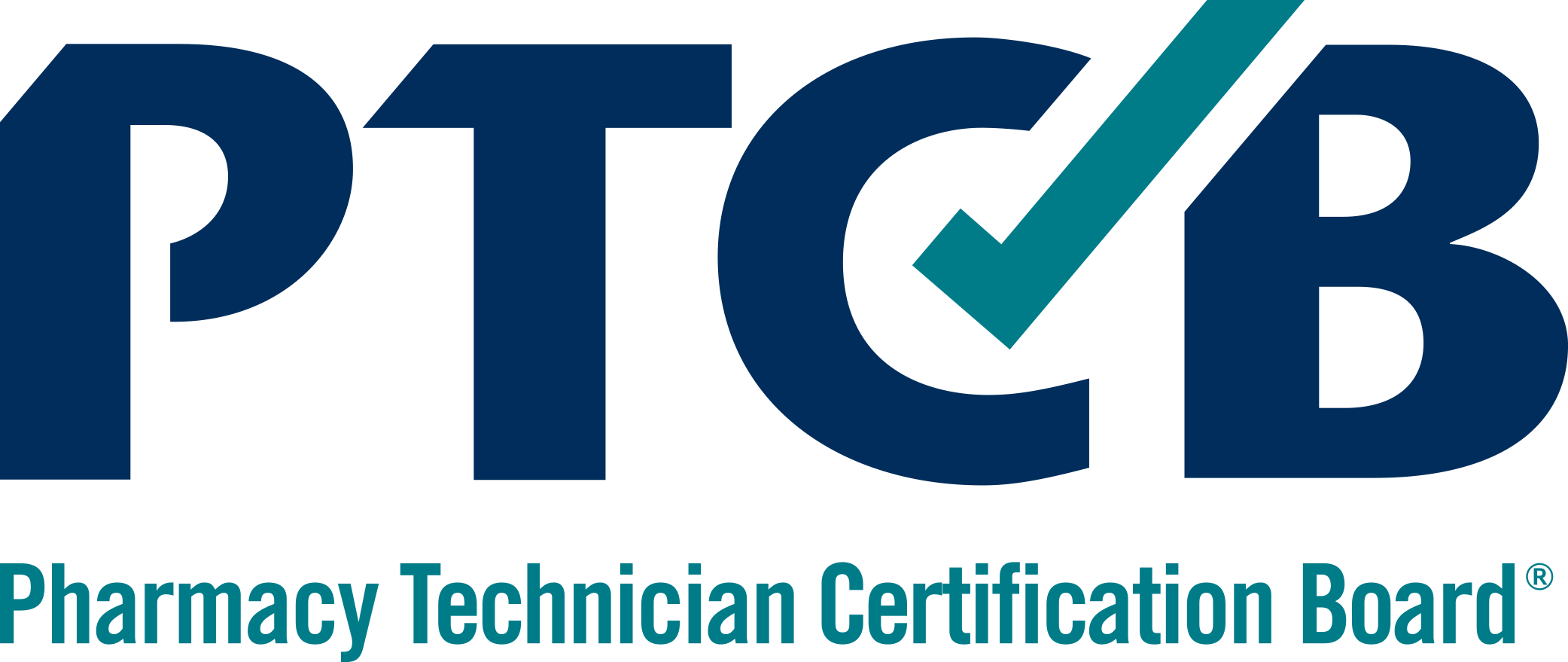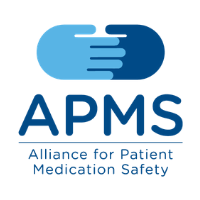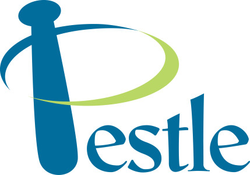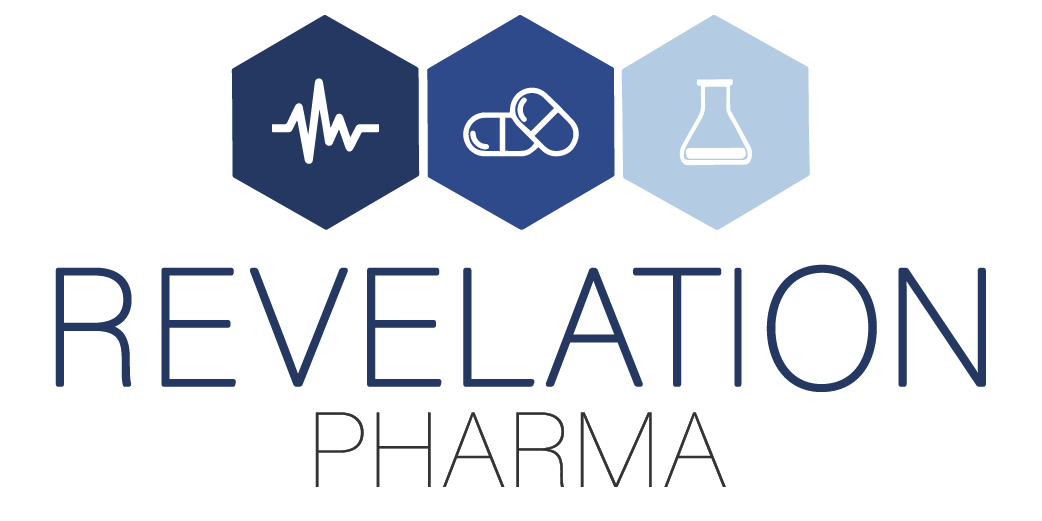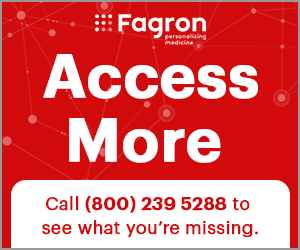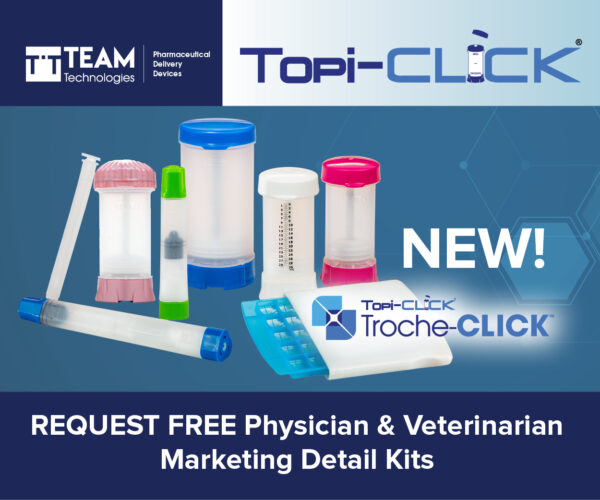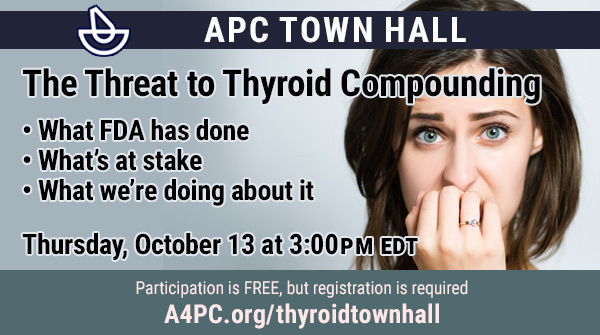September 30, 2022
The threat to compounded hormones just got real
FDA has declared desiccated thyroid extract (DTE) to be a biologic drug and therefore ineligible for compounding.
In a September 16 letter to National Association of Boards of Pharmacy CEO Al Carter, FDA states that DTE products “can put patients at harm” and that “therapies containing DTE are biological products subject to licensure under Section 351(i) of the PHS Act.”
The letter encourages NABP to share the letter with its members, the state boards of pharmacy, which Carter did in a memo to boards of pharmacy on September 22.
“This is a baffling move by FDA, both the substance of their categorization of DTE as a biologic and the back-door path they’ve taken in declaring it so,” said APC CEO Scott Brunner. “The letter to NABP comes not from FDA CDER leadership but from a branch chief in that division, and no public communication or announcement by FDA has yet been issued.”
“Can state boards of pharmacy be expected to use the letter to cite or otherwise restrict 503A compounding pharmacies that compound with DTE?” Brunner asked.
“We are concerned that states may do just that, but at this time, with so little information, we do not know the approach boards may take on DTE, especially given the significant patient access issues to this important medication that such state action will create.”
“FDA says in the letter that it considers thyroid USP to be a biologic on the basis of a component in the product, thyroglobulin, that is not even an active ingredient of the medication,” said APC President Dave Miller. “Yet neither thyroid USP nor thyroglobulin are listed in FDA’s Purple Book. In addition, the commercially available thyroid USP drug products make no mention of thyroglobulin on their products’ inserts or labeling. If thyroglobulin may cause the patient harm FDA says it does, why is it not even mentioned on those inserts or labels?”
Brunner has reached out to FDA OCQC Director Gail Bormel to request an immediate meeting about the letter and apparent reclassification.
“If you’ve been looking for evidence that FDA aims to restrict hormone compounding, you have to view this as the first real shot fired,” said Brunner. “Now it’s all the more important that we get the funding we need to engage patients and members of Congress—and likely lawyers, too—to push back against this overreach by the agency.”
Want to help? Start by taking our four-question survey
APC has created a preliminary briefing document on this issue and has scheduled an October 13 Town Hall for members. See below for details on that event.
You may also want to share the briefing document with your state board of pharmacy, so they’ll be aware of our concerns about patient access.
In addition, we have created a very brief survey aimed at helping us quantify the effects of thyroid USP compounding. Please complete the survey at your first opportunity:
“After we know more from FDA about this action they’ve taken, APC will likely issue a call to action to our members and patients urging them to reach out to Congress and FDA,” said Miller. “Stay tuned, and be ready to respond.”
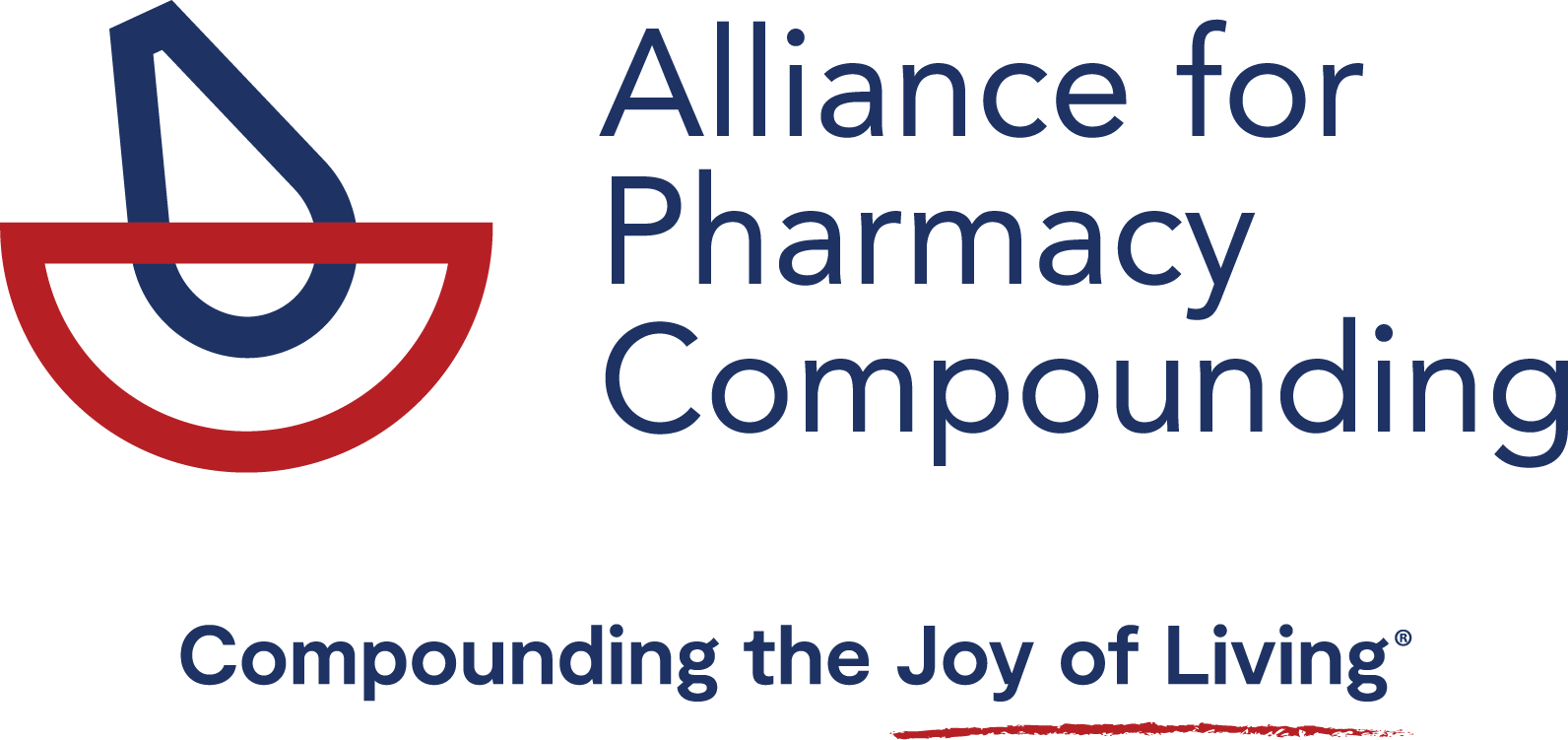
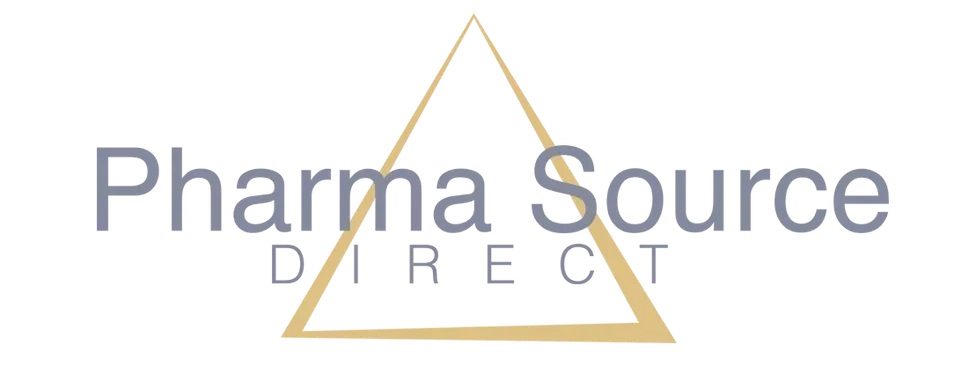





![Topi-CLICK a Division of TEAM Outlines[1]](https://a4pc.org/files/Topi-CLICK-a-Division-of-TEAM-Outlines1.png)




